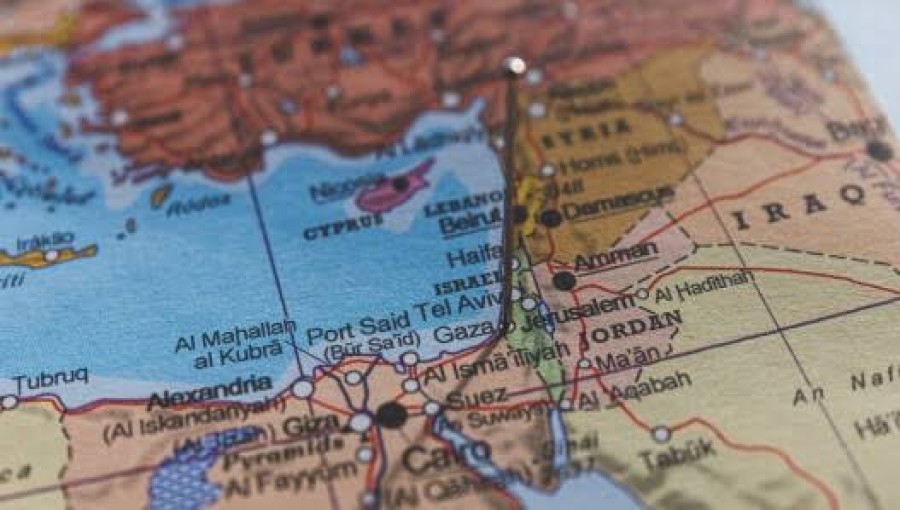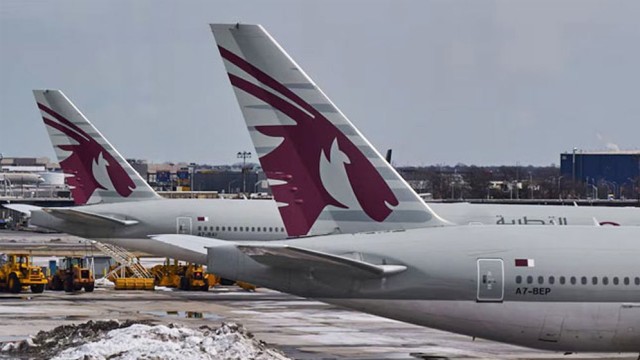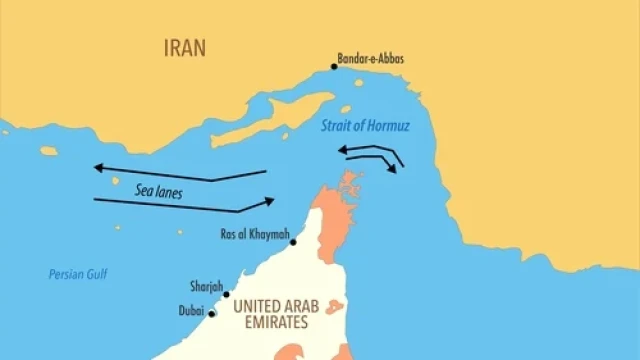In light of escalating tensions in the Middle East, several countries have issued travel advisories warning their citizens against visiting certain areas, particularly Israel. The advisories come amidst fears of potential retaliation following recent military actions in the region.
France, India, Russia, Poland, and Britain are among the nations urging their citizens to exercise caution or avoid travel to Israel, Lebanon, the occupied West Bank, and Gaza. This cautionary advice follows heightened concerns over a possible Iranian retaliatory strike against Israel.
The trigger for these warnings stems from an incident on April 1, when Israel launched a missile attack on the Iranian consulate building in Damascus, Syria. This action resulted in the death of several Iranian military advisers, prompting threats of retaliation from Tehran.
The British government, echoing the sentiments of other nations, advised against travel to Israel and Palestine unless absolutely necessary. Similarly, Poland's Ministry of Foreign Affairs urged its citizens to steer clear of Israel, Palestine, and Lebanon, citing the potential for sudden military conflict in these areas.
India has also advised its citizens to avoid travel to Iran and Israel until the situation in the Middle East stabilizes. The United States and Germany have issued similar warnings to their citizens, with the US embassy in Israel taking precautionary measures in response to the escalating tensions.
These travel advisories come in the wake of reports suggesting that Iran may launch an attack on Israel within the next 24 to 48 hours, according to US intelligence sources cited by the Wall Street Journal. In response, Israel has heightened its state of alert, anticipating potential threats to its security.
The backdrop to these developments is the ongoing conflict between Israel and Hamas, which erupted last year when the Hamas government in Gaza launched a major military operation against Israel. The ensuing violence resulted in significant casualties and has further fueled tensions in the region.
As diplomatic efforts continue to mitigate the risk of further escalation, the international community remains vigilant amid the volatile situation in the Middle East. Citizens are advised to closely monitor developments and adhere to travel advisories issued by their respective governments for their safety and well-being.































Comment: